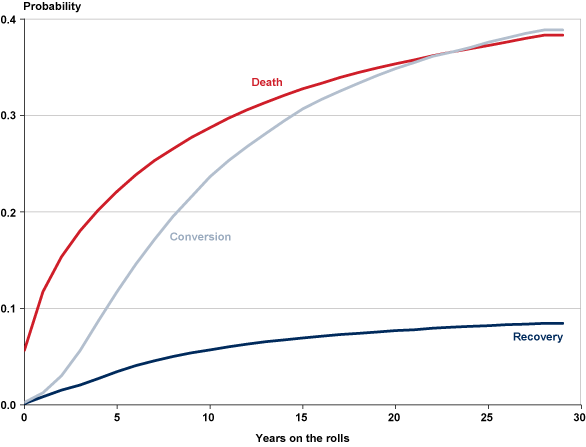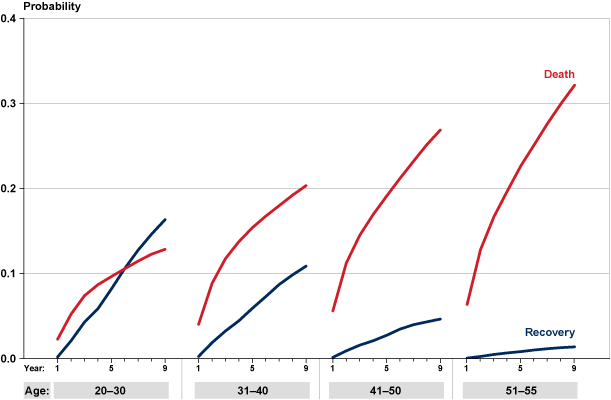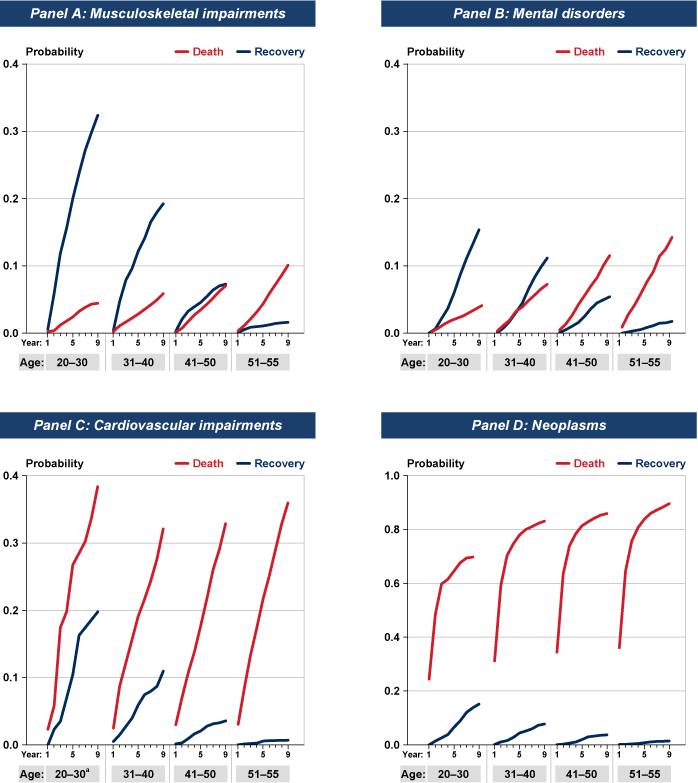From: ^Commissioner Broadcast
Sent: Monday, August 28, 2017 10:22 AM
Subject: Our Thoughts Are With Texas
A
Message to All SSA and DDS Employees
Subject: Our
Thoughts Are With Texas
As we
experienced over the last few days the absolute devastation of Hurricane
Harvey, we are pleased to report that all SSA and DDS employees in Texas and Louisiana are safe and accounted for,
though many sustained property damage and have evacuated
from their homes.
Please keep
those affected by the flooding in your thoughts and prayers as this storm
continues. We will provide additional information as it emerges.
Nancy A.
Berryhill
Acting Commissioner



